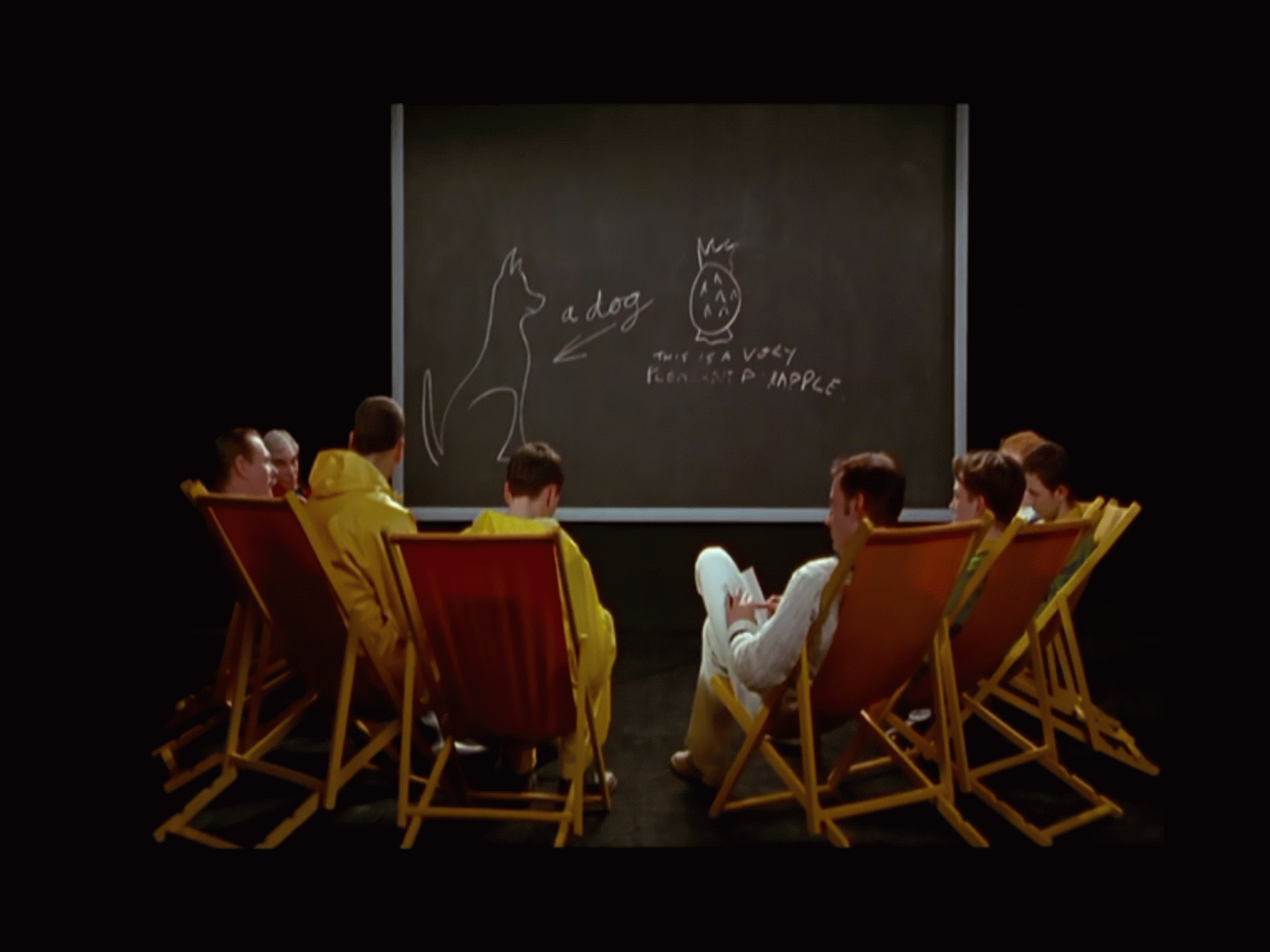Ricerca
Perspektivwechsel: Kunst und Philosophie nach Wittgenstein
Hana Gründler
In many of his writings the Austrian philosopher Ludwig Wittgenstein draws parallels between his philosophical thinking and artistic modes of thought and procedure. The first part of this interdisciplinary project was devoted to Wittgenstein’s work, focusing in particular on those passages in which, among other things, the tension between image, art and language unfolds and the relationship between aesthetics and ethics is discussed. In this context, it was also essential to take a closer look at Wittgenstein’s activity as an architect in Vienna. The current focus of study is on visual artists, filmmakers and writers who have dealt intensively with Wittgenstein’s œuvre. By examining works by Thomas Bernhard, Mel Bochner, Joseph Kosuth and Derek Jarman, the question to what extent these works are not only careful interpretations of Wittgenstein’s philosophy, but also subtle and complex problematizations and further developments of his thought are being explored.
Adopting this double perspective should make it possible to free oneself from the problematic notion of a one-dimensional influence and to understand that the relationship between art and philosophy is one of mutual enrichment. It becomes obvious, for example, that despite the medial and theoretical differences, all the protagonists studied within the remit of the research project advocate for an understanding of philosophy as process. Related to this is the conviction that both philosophy and art are fundamentally critical and disruptive practices: Just as the recipient must be part of the thinking process and should not passively perceive and consume art, so the reader should not simply adopt philosophical theorems without criticism, but rather always view philosophical problems from a new perspective and continuously reflect on her own thinking in a self-critical manner. The attempt to actively work on a different “way of seeing” thus proves to be an endeavor on the edge of resistance and reveals an ethical dimension.



